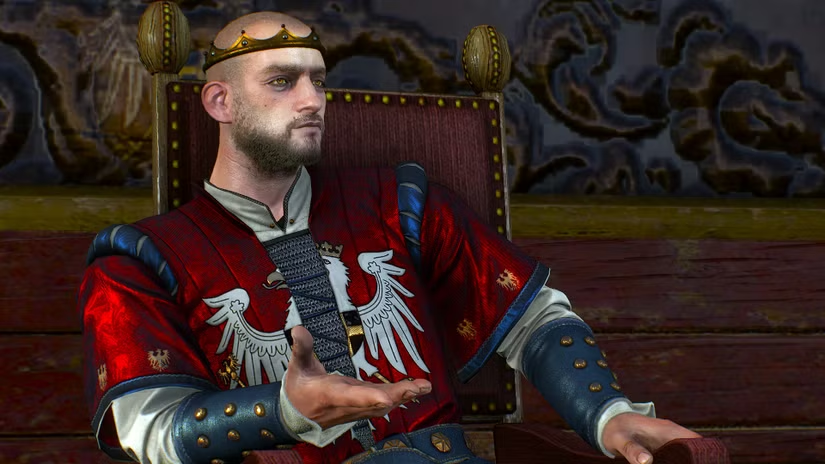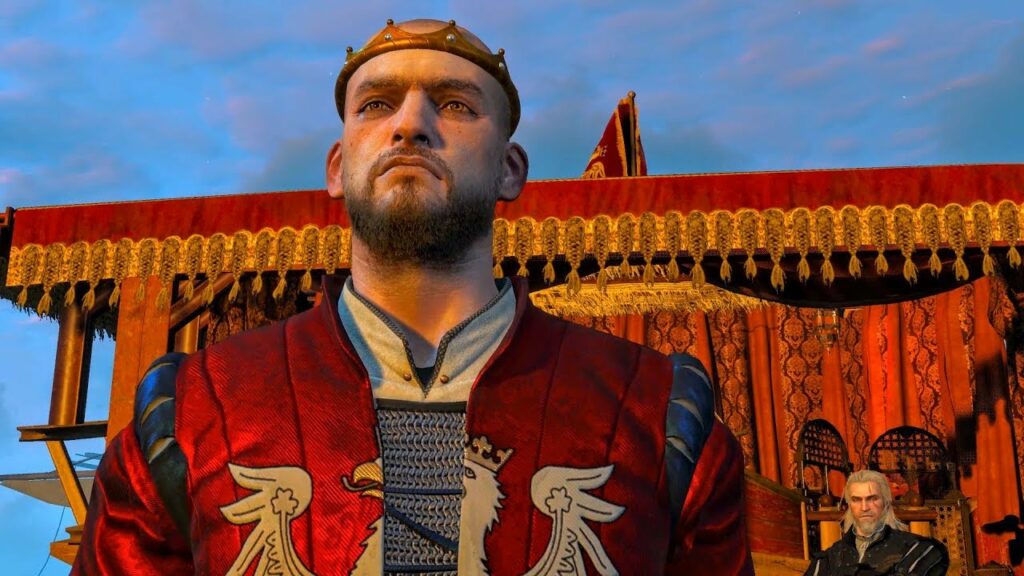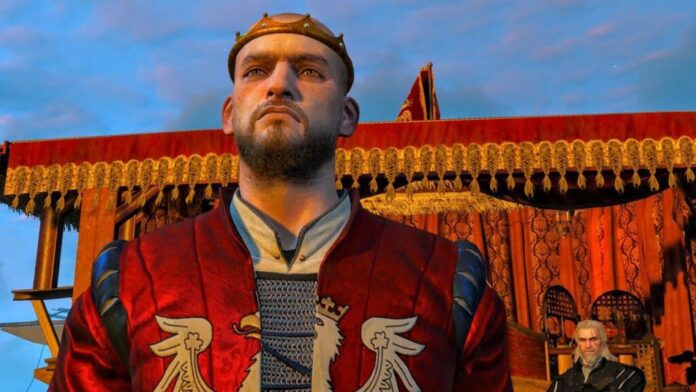Radovid hated mages, but his fear wasn’t entirely irrational. Discover 5 logical reasons behind the king’s paranoia in The Witcher 3.
While thinking of Witcher 3 characters, especially villains, one of the best known is Radovid V, known as Radovid the Stern. We see him as a bloodthirsty tyrant obsessed with killing mages. On the surface, his actions look extreme and evil. And yes, they are. There is no justification for what Radovid V does. But why does he do it?
If we scratch below the surface of personal trauma, political chaos, and magical shenanigans, and his hatred starts to look less like paranoia and more like a rational, if ruthless, response. Understanding why Radovid distrusted mages helps to see him as a layered character instead of a one-dimensional “evil king.”
Before we move forward, check out this list if you are looking for games similar to Witcher 3

1. Radovid V faced Early Personal Betrayal
Radovid’s mistrust began with Philippa Eilhart, a cunning sorceress who had a hand in destabilizing the throne and indirectly contributing to the death of his father, King Vizimir II. Experiencing such betrayal firsthand left a mark that no councilor or bard could erase. In addition, he grew up under Philippa’s “guidance,” essentially controlled by her, which hardened his distrust. From Radovid’s perspective, mages weren’t neutral advisors; they were manipulative power brokers capable of toppling kings with a single scheme. If your father got killed while someone smiled and whispered magic in your ear, you’d probably be suspicious too. This personal trauma is a major reason why the fear of mages of Radovid V was far from irrational.
2. Mage Manipulation in Politics
Beyond personal betrayal, mages held enormous sway over the politics of the Northern Kingdoms. The Lodge of Sorceresses, for example, constantly plotted behind the scenes to influence rulers and outcomes of wars. For a king trying to maintain sovereignty, that kind of influence is a nightmare. Imagine trying to rule while powerful individuals with magical abilities could rewrite your decisions, control allies, or manipulate public opinion without anyone noticing. Radovid’s fear of mages as political puppeteers was not just logical, grounded in real examples, and not just the ranting of a paranoid tyrant.
3. Dangerous Magical Experiments
It wasn’t just politics that made mages dangerous. Some were downright terrifying in their pursuit of arcane knowledge. Characters like Stregobor, infamous for his “Curse of the Black Sun,” experimented on children to determine who had “bad blood” and deserved to be eliminated. This wasn’t some isolated horror story; it was evidence that unchecked magical power and blind faith in powerful wizards could harm innocents and disrupt society. Radovid saw this as a real, tangible threat. His hatred wasn’t just prejudice; it was a response to a world where people with magical talent could decide life and death at whim.
4. Political Instability and Personal Threats
While Temeria was losing its identity after Foltest’s death, Redania’s king was also succumbing to paranoia. Radovid V was the target of an assassination attempt near the end of The Witcher 2, a plot partly orchestrated by the Lodge of Sorceresses. The failure of this regicide only deepened his mistrust of anyone capable of magic. From this perspective, his subsequent witch hunts and formation of a special army to target magic-users become more understandable. His fear wasn’t random cruelty; it was shaped by real political threats and a sense that anyone with magical power could be a potential enemy.
5. Protecting the Realm from Unchecked Magic
Finally, Radovid’s policies were grounded in the belief that unchecked magical influence destabilized society. History and examples of mage-led manipulations or atrocities showed that allowing mages free rein could have disastrous consequences. However, Radovid claimed to be protecting Redania and the North, but his witch hunts go far beyond controlling mage influence. He authorizes mass executions, pogroms, and purges against not only mages but also healers, alchemists, and even non-magical “suspicious” people.
There is no excuse for his actions. But at the same time, his hatred and fear, while extreme in execution, were rooted in rational concern for the stability of the Northern Kingdoms. Seen this way, Radovid saw his actions as a form of risk management.
Radovid’s legacy is complicated. His actions are not justified and sure, he’s ruthless, emotionally volatile, and often terrifying. But when you look at the personal betrayals, political manipulations, magical dangers, and battlefield threats he faced, his hatred of mages makes a lot more sense.

The Real Lesson: Humans, Not Magic, Are the Problem
At the end of the day, the story of Radovid V isn’t just about a king who hated mages. It’s a reminder that humans, not magic, are the real source of evil. Magic, alchemy, and Witcher powers are just tools; neutral in themselves. It’s bad humans who misuse them to manipulate, experiment, or dominate. Radovid feared mages, and in his perspective, he was justified- but his cruelty came from his his extreme paranoia, and the way he executed his orders.
The Witcher universe shows us that power doesn’t corrupt alone; humans’ corrupt power, and that is the real danger.
